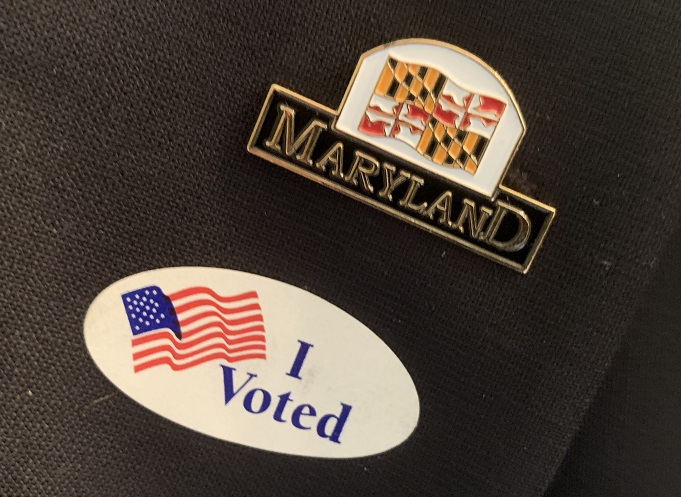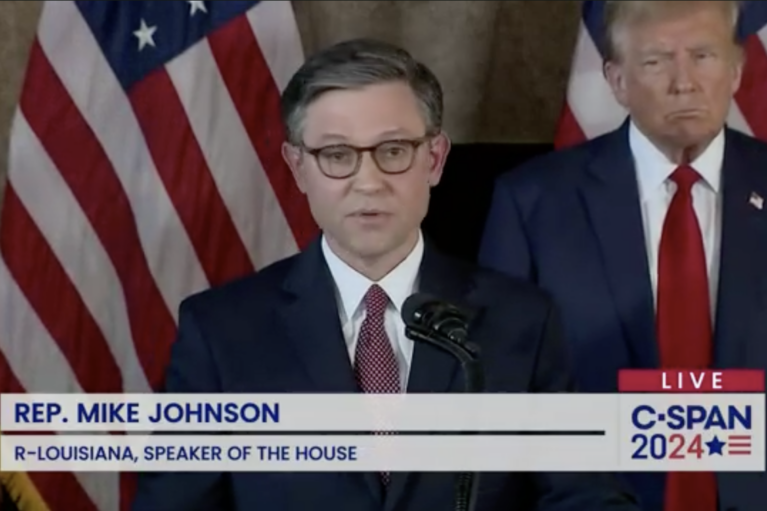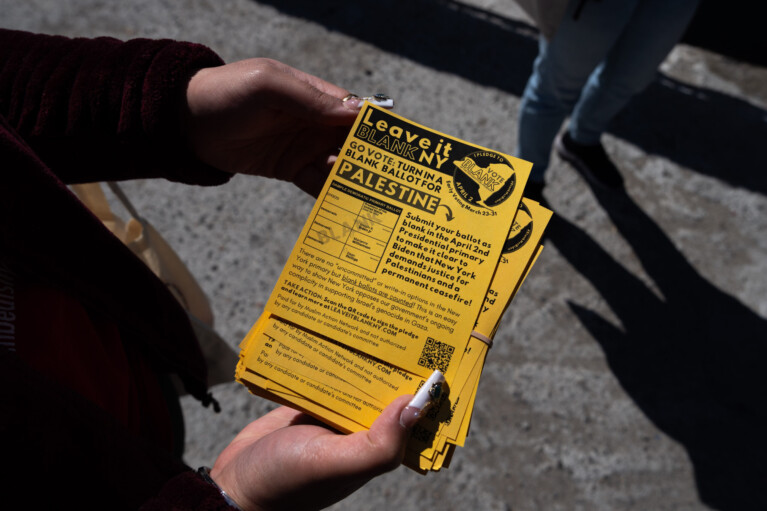
The State of Iowa is entirely too white to occupy the place it holds in presidential politics. Its economy is too rural and its location too remote from the population centers of California and the eastern seaboard. Neither its history nor its culture are significant to the current course of American life. Nothing about it suggests the 3.2 million people living there are the proper arbiters to judge for the other 99% of us which candidates are best prepared to assume the most powerful office in the world.
For decades we’ve accommodated the primacy of the Iowa Caucus in disregard of a national electorate that’s grown less Caucasian every year. Since 1997, Iowa has remained whiter than either of the major political parties. Although the demographics of the Republican Party closely match those of the Hawkeye State, the Democratic Party, according to the Pew Research Center, has gone from being 75 percent white to 59 percent white over the same period.
This divergence between Iowans and the constituency of the Democratic Party is no longer being ignored. In a year when the large and competitive field of Democratic candidates has, more than ever before, reflected the nation, people are questioning the relevance of the Iowa Caucus. Among them is Julian Castro of Texas, who was, until recently, a candidate himself. He has said “I believe, as many Iowans themselves do, that it’s time that our presidential nominating process reflects our nation’s and our party’s diversity. That’s just the truth.”
Castro’s candor, and the audacity of his challenge to the status quo, demands an exploration of the matter.
So, why Iowa?
The usefulness of the Iowa Caucus long has been tied to the state’s character. Iowa ranks about 30th in population. It offers easy interaction with a reliable cadre of potential voters, distinct geographic regions without expensive media markets and Iowa’s news outlets, which are less distracted by national and international events, can obsess over the ability of candidates to connect to its farmers and small town professionals. From afar, through the national press, the rest of us can monitor these goings-on — mostly replays of well-worn stump speeches — and hope that Iowans will make a sound decision on our behalf.
That decision matters. Being the first to choose makes Iowa’s choice a more potent symbol than all the opinion polls that precede it. On the night of the Iowa Caucus, there are no more undecided voters, no more margins of error. There is, at last, a “winner,” the first in the democratic process, as performed by “real Americans” in the nation’s “Heartland.”
Such has been our faith in the wisdom of Iowa’s common folk that winning the Iowa Caucus can transform candidates. Even now, Iowans carry a measure of pride for “launching” Barack Obama’s rise to the nomination and to president, ratifying his challenge to Hillary Clinton with the undeniable whiteness of its electorate.
However, the demographic that was so necessary to open Obama’s path to the presidency is the same which now makes Iowa’s place on the calendar so problematic to the future of the nominating process. At a time when 60% of Democrats have indicated beating Donald Trump is the most important issue motivating their choices, the political guesswork surrounding “electability” requires a look into the minds of a diverse America that Iowa simply does not offer.
And it’s not only racial demographics that work against Iowa. Being more rural than most of the country when the majority of Americans live in suburbs means that Iowa’s political concerns do not honestly represent “the average voter.” Iowa’s largely rural voters will prefer, of course, roads over mass transit, land consumption over conservation, and combatting population loss over fighting for affordable housing. Whoever wins Iowa is unlikely to be the candidate most ready to talk about racial inequities, funding national rail, failing city schools or relationships between unaffordable housing and unsustainable land use.
So, how do we quit Iowa?
Whatever consensus might build to take back Iowa’s preeminent position in the nominating process, no one in that state’s local political universe will volunteer to step back from a place that even national party organizations pretend belongs to Iowa by right.
Any hope of modernizing the national nominating calendar relies on another state claiming greater legitimacy for first vetting and selecting the parties’ presidential nominees.
Maryland, if the state parties and lawmakers agree, could caucus before Iowa. For the good of the nation, and for its own sake, the Free State should go first.
What better sample of Americans to demonstrate the national preference than we in Maryland? We’re 44 percent non-white and 30 percent black. Our suburban counties alone contain a greater population than all of Iowa. Maryland has rural communities whose challenges are similar, however, they comprise a portion of our politics without dominating them. Maryland has cities confronting post-industrial decline, decaying infrastructure burdened by sprawling congestion, and an economy that fails to provide opportunities equitably. Those are issues we need to hear presidential candidates discuss more frequently in the places where many people are facing those problems.
And Maryland is not just next door to Washington, D.C., but is the home and work place of many federal agencies and of experts in all areas of domestic and international policy. Plus, Maryland offers easy access to the national media, the headquarters of both major parties, and the logistical infrastructure of American politics. Candidates need travel no more than a few hours in any direction from the White House to speak with any voter in Baltimore or our 23 counties.
The influence of a Maryland Caucus in early January would also be felt in the General Election. Our principal neighbors are two prominent “swing states” with a combined population exceeding 21 million. For Maryland to host the nation’s first caucus will give those commonwealths, north and south, a whole year to consider Republican and Democratic candidates.
For Maryland’s political parties, starting the presidential election season with a Maryland Caucus would provide to a new impetus for organizing their members.
For the communities far from the D.C. suburbs and Baltimore, a year-long presidential caucus season also would bring visitors who seldom find their way to our historic towns and county seats.
To become the first-in-the-nation caucus for 2024, and to aspire to greater political purpose nationally, means Maryland’s political parties would have to look beyond 2022, past Government House, and without regard for the next office each hopes to claim as their own.
To realize that would require a sense of public duty that lasts longer than ninety days and ambitions that could find their way past the bounds of State Circle.
Until some state discovers for itself and unleashes the power to break the grip of the Iowa Caucus, we will all remain governed by its increasingly uncharacteristic representation of American life.
— BRIAN GAITHER
The writer is a Democratic activist living in Washington County. Follow him on Twitter: @briangaither




 Creative Commons Attribution
Creative Commons Attribution